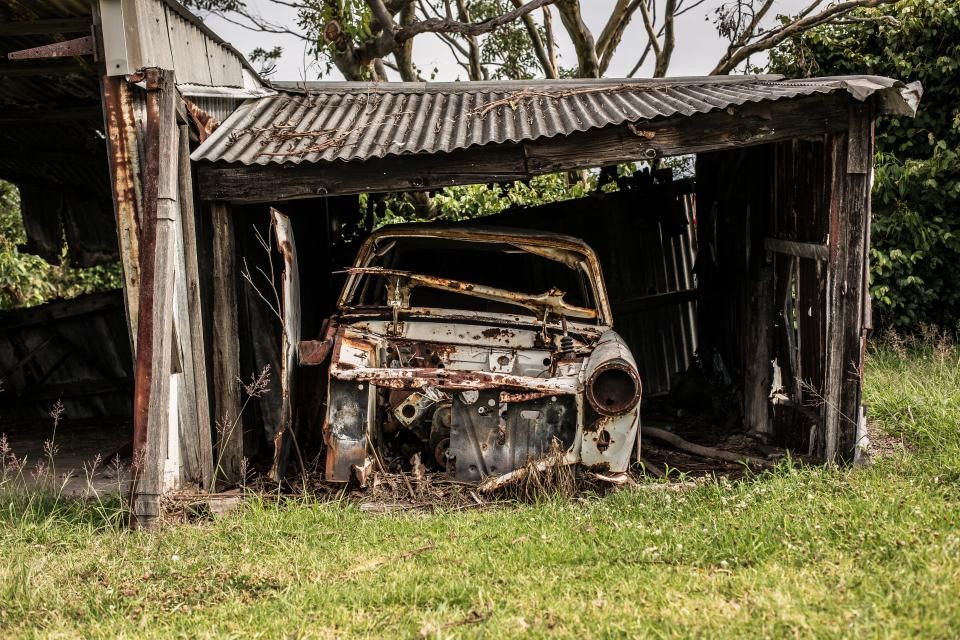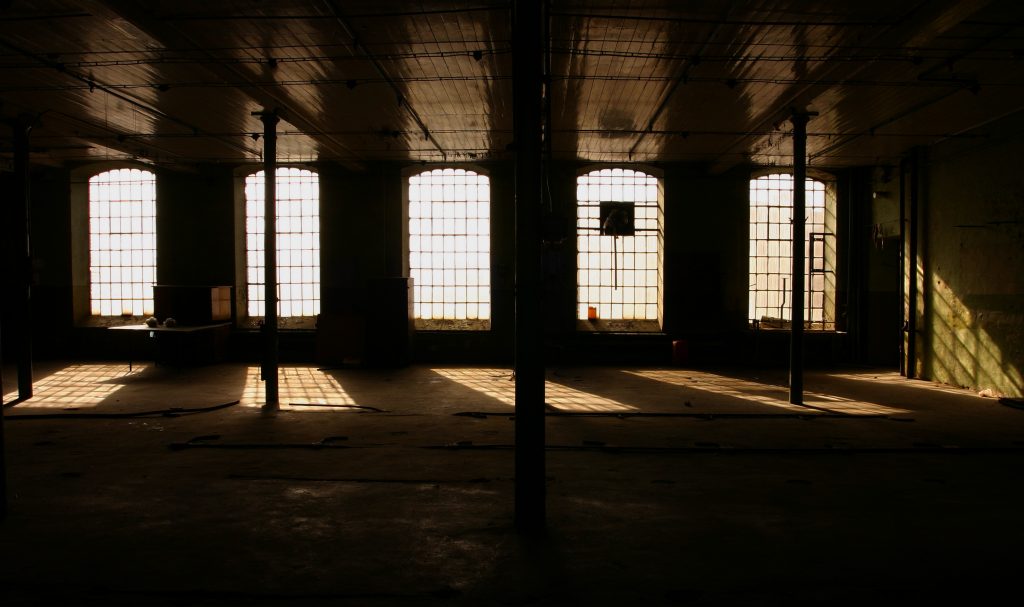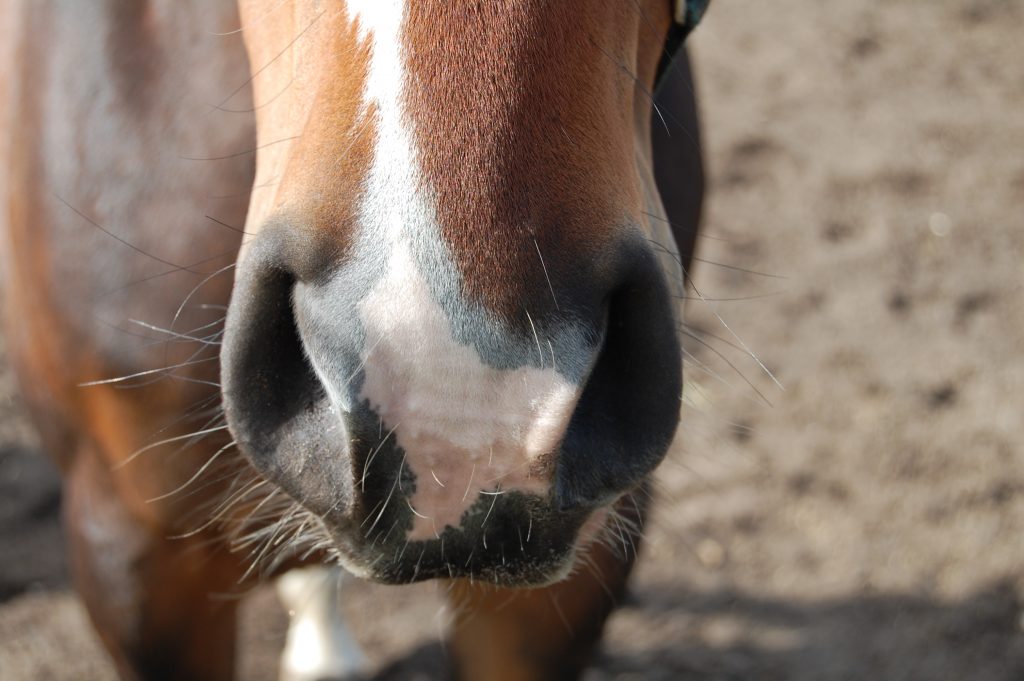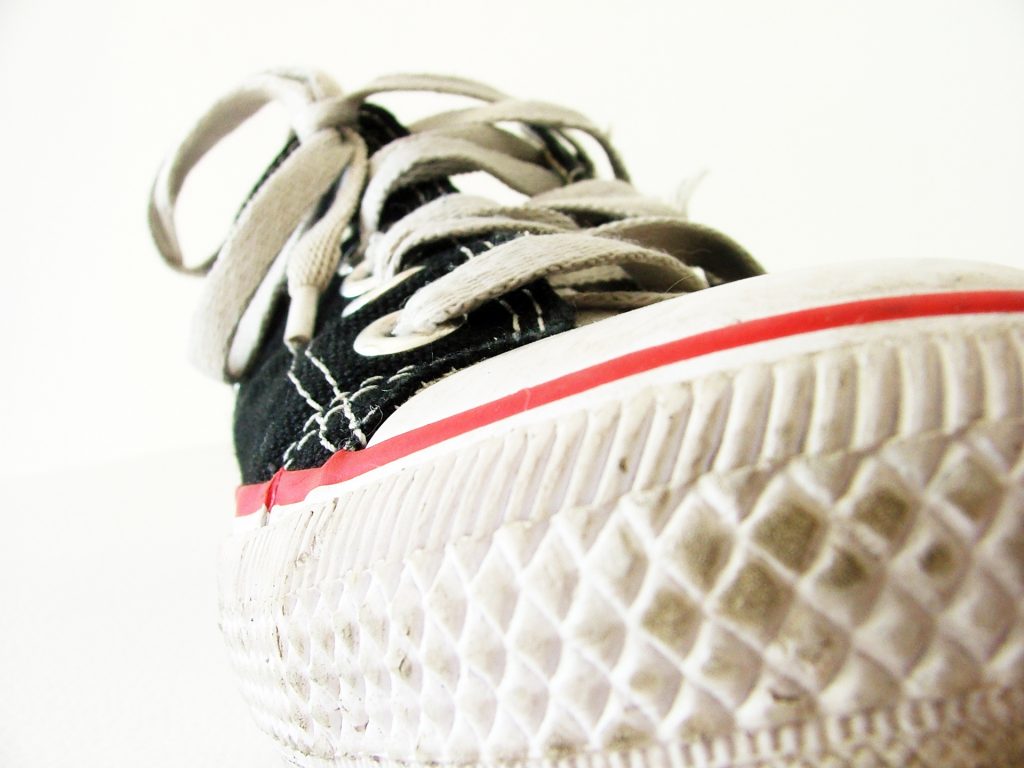 Life deals some people a tough hand. For Geneva Fils, a Louisiana infant in the foster care system, a car crash and severe injuries followed by a lengthy lawsuit added to her list of problems.
Life deals some people a tough hand. For Geneva Fils, a Louisiana infant in the foster care system, a car crash and severe injuries followed by a lengthy lawsuit added to her list of problems.
The Louisiana Department of Social Services (now known as the Department of Children and Family Services) took Geneva away from her biological parents following her birth. Several months later, on March 22, 2006, Geneva was in a car along with her foster parent, Mayola Calais and the driver Jennifer Hayes. Charles Guidry was driving in the opposite direction when he crossed the centerline, striking Geneva’s vehicle head-on. Geneva, who purportedly was improperly restrained in the vehicle, suffered a fractured skull among other serious injuries. Geneva’s biological parents filed a lawsuit on behalf of themselves and Geneva against the driver Guidry, her foster parent Calais, the driver Hayes, the State of Louisiana through the Department of Children and Family Services, and their insurance companies.
This particular decision came from an appeal of a motion for partial summary judgment involving a Louisiana statute which limited damages to $500,000 for any division or agency of the Louisiana government held liable for personal injury damages. See LSA-R.S. 13:5106(B)(3)(c) (2017). Plaintiffs argued that the individual defendants do not enjoy the protection of the damages cap, because unlike the Department of Children and Family Services, they are not a “state agency.” See LSA-R.S. 13:5102 (2017). The judge granted the Department’s motion as it concerned the Department’s liability for its negligent actions, but denied the motion regarding the Department’s vicarious liability for the actions of its agents. Both the Department and the plaintiffs appealed.
 Louisiana Personal Injury Lawyer Blog
Louisiana Personal Injury Lawyer Blog


 Generally, individuals expect that when on the premises of a public entity, the land has been safely maintained and there is a low risk of becoming injured. If an individual did become injured, he or she would expect to be reasonably compensated for any injuries. However, in Louisiana, premises liability law differs from the law that is applied when suing a private landowner. As this case shows, establishing that a defect causes an unreasonable risk of harm is a difficult obstacle to overcome when suing a public entity and can leave injured parties with no compensation for their injuries.
Generally, individuals expect that when on the premises of a public entity, the land has been safely maintained and there is a low risk of becoming injured. If an individual did become injured, he or she would expect to be reasonably compensated for any injuries. However, in Louisiana, premises liability law differs from the law that is applied when suing a private landowner. As this case shows, establishing that a defect causes an unreasonable risk of harm is a difficult obstacle to overcome when suing a public entity and can leave injured parties with no compensation for their injuries. Most customers do not expect to be hurt by store merchandise when they go shopping. Yet, each year dozens of individuals are injured due to “falling merchandise.” The following Louisiana First Circuit Court of Appeal (“the Court”) case is a perfect example of what happens when an individual seeks legal action for being injured by a store’s falling merchandise.
Most customers do not expect to be hurt by store merchandise when they go shopping. Yet, each year dozens of individuals are injured due to “falling merchandise.” The following Louisiana First Circuit Court of Appeal (“the Court”) case is a perfect example of what happens when an individual seeks legal action for being injured by a store’s falling merchandise. For a plaintiff to prove a negligence case, he or she must prove, among other things, that the defendant owed a legal duty to the plaintiff. See
For a plaintiff to prove a negligence case, he or she must prove, among other things, that the defendant owed a legal duty to the plaintiff. See  Think before you act. We have all heard this advice. But, thinking before you act can be difficult. Sometimes, emotions and the heat of the moment prompt you to react before you think. A common example of this occurrence is in road rage altercations. It is easy to get upset when you get cut off or a person pulls out in front of you. But the legal ramifications of acting on those emotions can be dire. A recent case out of the First Circuit Court of Appeal for the State of Louisiana illustrates one type of legal consequence that could happen when emotion turns to violence.
Think before you act. We have all heard this advice. But, thinking before you act can be difficult. Sometimes, emotions and the heat of the moment prompt you to react before you think. A common example of this occurrence is in road rage altercations. It is easy to get upset when you get cut off or a person pulls out in front of you. But the legal ramifications of acting on those emotions can be dire. A recent case out of the First Circuit Court of Appeal for the State of Louisiana illustrates one type of legal consequence that could happen when emotion turns to violence. When bringing a personal injury lawsuit a plaintiff must prove that the defendant in the lawsuit caused the injury. Often, when an injury involves two parties, the question of who caused the injury has a relatively straightforward answer. However, problems arise when the circumstances surrounding the injury involve multiple parties. A recent case out of the Louisiana First Circuit Court of Appeal illustrates the complexity of proving who caused an injury when multiple parties are involved.
When bringing a personal injury lawsuit a plaintiff must prove that the defendant in the lawsuit caused the injury. Often, when an injury involves two parties, the question of who caused the injury has a relatively straightforward answer. However, problems arise when the circumstances surrounding the injury involve multiple parties. A recent case out of the Louisiana First Circuit Court of Appeal illustrates the complexity of proving who caused an injury when multiple parties are involved. What do injured parties do when products are defective and unreasonably damaged? In Louisiana, injured parties may file lawsuits against a manufacturer for damages caused by his products. The following case out of the Western District of Louisiana describes the Louisiana Products Liability Act (“LPLA”).
What do injured parties do when products are defective and unreasonably damaged? In Louisiana, injured parties may file lawsuits against a manufacturer for damages caused by his products. The following case out of the Western District of Louisiana describes the Louisiana Products Liability Act (“LPLA”). In the midst of a very active hurricane season, it is important to remember that Louisiana is no stranger to this type of inevitable damage. However, the dangers involved in disaster clean-up efforts are often forgotten, and far too often people who aid in these efforts aren’t compensated fairly when things turn awry. A recent lawsuit helped linemen who faced similar dangers recover for injuries they sustained during a disaster clean-up.
In the midst of a very active hurricane season, it is important to remember that Louisiana is no stranger to this type of inevitable damage. However, the dangers involved in disaster clean-up efforts are often forgotten, and far too often people who aid in these efforts aren’t compensated fairly when things turn awry. A recent lawsuit helped linemen who faced similar dangers recover for injuries they sustained during a disaster clean-up.  Lawsuits often appear to be complicated and complex, but what many people don’t know is that the outcome of a lawsuit can often be determined by a simple matter of logistics. The who, what, when, where and why of a situation can make the difference between winning and losing a case. For instance, a simple matter of jurisdiction was the deciding factor in a case brought by a South Louisiana man and his wife.
Lawsuits often appear to be complicated and complex, but what many people don’t know is that the outcome of a lawsuit can often be determined by a simple matter of logistics. The who, what, when, where and why of a situation can make the difference between winning and losing a case. For instance, a simple matter of jurisdiction was the deciding factor in a case brought by a South Louisiana man and his wife.  Owning a business can be a daunting task and often times requires the assistance of outside contractors to complete various maintenance items and to aid in the upkeep of the premises. However, many merchants and customers fail to realize that the merchant may be liable for the actions of a subcontractor. Just how liable was the subject of a recent lawsuit out of New Iberia.
Owning a business can be a daunting task and often times requires the assistance of outside contractors to complete various maintenance items and to aid in the upkeep of the premises. However, many merchants and customers fail to realize that the merchant may be liable for the actions of a subcontractor. Just how liable was the subject of a recent lawsuit out of New Iberia.